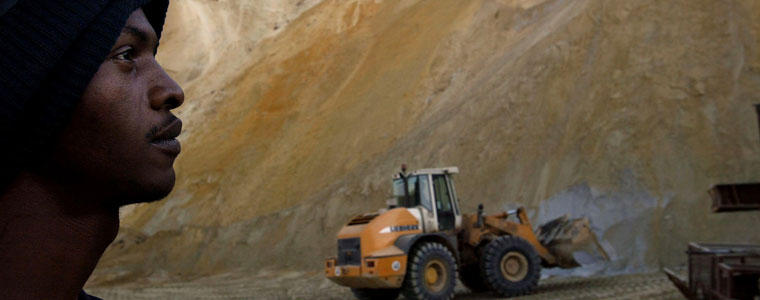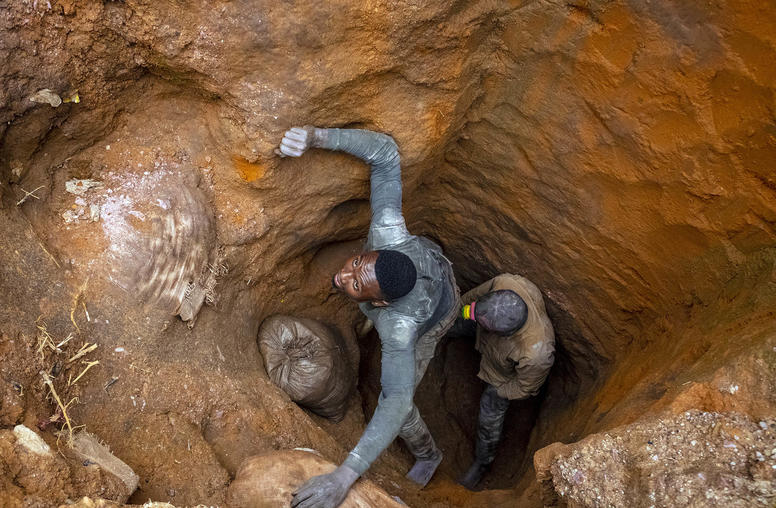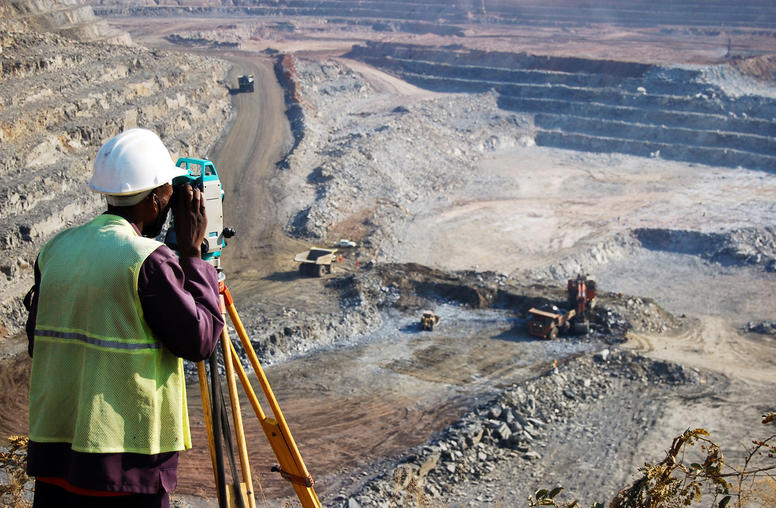Economic Drivers in Fragile States Need More Attention in 2013, USIP Expert Says

Failed economic overhauls, neglected small businesses and aid bureaucracies growing faster than their economies -- these are among the challenges this year after “modest gains” toward international goals for aid effectiveness in 2012, according to USIP expert Raymond Gilpin. Five key issues need to be addressed going forward in wielding economic tools effectively for advancing peace in countries facing violent conflict.
Gilpin, the director of USIP’s Sustainable Economies Center of Innovation, says there’s a “substantial” unfinished agenda as set out in the “New Deal for Engagement in Fragile States.” The plan was unveiled at the 4th High Level Forum on Aid Effectiveness on 30 November 2011 in Busan, South Korea, which was held to follow up on the 2005 Paris Declaration calling for increased efforts to ensure the massive sums spent each year in development assistance produces substantial results. A report for the Busan conference called progress since 2005 “sobering,” with only one of 13 targets for 2010 having been met. On economic aid, not much has changed since then, Gilpin says.
“Much more needs to be done in 2013 to improve our knowledge of the peace-economics nexus and to use economic levers to promote peace,” Gilpin writes. In particular, he emphasizes steps such as reorienting economic fundamentals in societies affected by war, leveraging the business sector’s self-interest in economic progress and “unlocking entrepreneurship” by including local businesses.
“Foreign assistance should build economies, not bureaucracies,” he says. “Foreign assistance could be re-directed to focus a lot more on building viable ecosystems within which private enterprise could flourish.”
And to figure out what works and why, more needs to be done to measure the impact of economic reform approaches in countries affected by conflict.
Gilpin points to initiatives from previous years that could provide guidance from organizations including USIP, Mercy Corps, the Center for Global Development and Kay-Tek. In case you missed it, check out his full blog post at USIP’s International Network for Economics and Conflict.
And tell us what ideas you know of that could help accelerate progress through economics?



